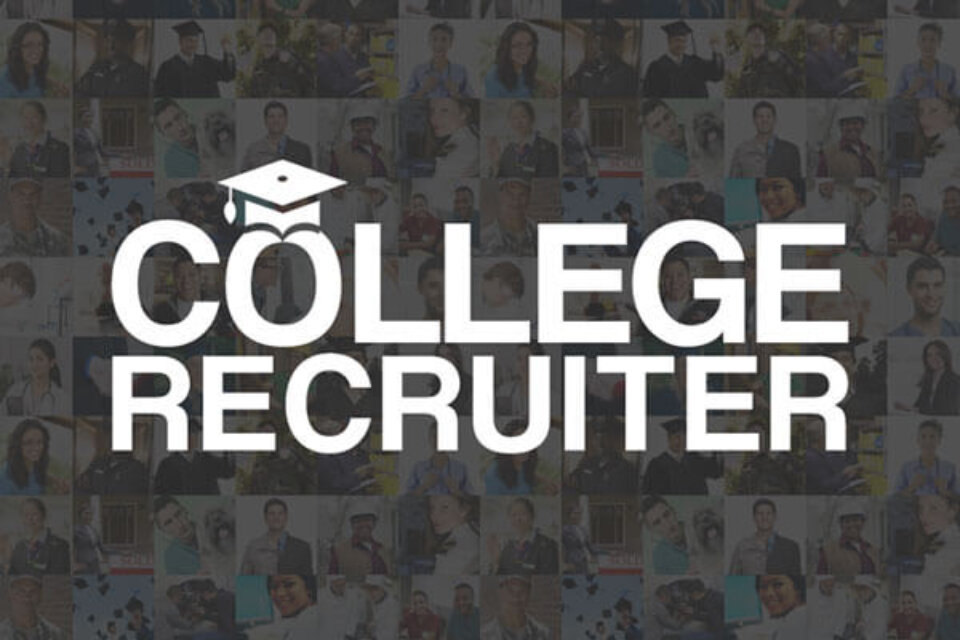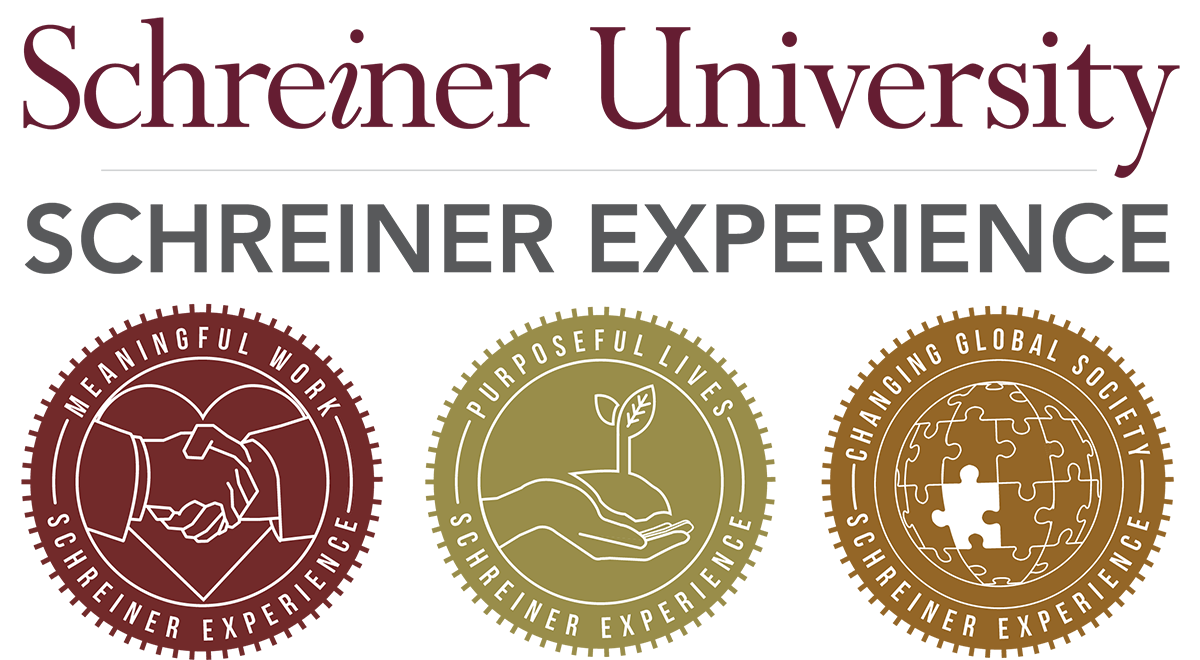
Under the Microsope A Look at Careers in Health Care was originally published on College Recruiter.
There’s no doubt about it: this is an exciting time in health care. Thanks to advances in medicine and technology, the face of the health care industry is changing. Diseases are diagnosed and treated earlier, and people are healthier and living longer. Plus, during your lifetime, researchers and others will probably invent an AIDS vaccine, map every gene in the human body, and develop many new drugs.
As a member of the health care team, you could be a part of it all—whether you’re helping to develop such advances, managing their applications from an administrative viewpoint, or using them in your work with patients. The field is booming with bright career prospects—some in traditional jobs, others in new, interesting areas of allied health. Just take a look at the classified ads in your local paper, and you’ll see the diverse opportunities available in health care. Even if you’re not a “hands-on” person, you can look beyond “direct patient” careers such as doctor, nurse, dentist, or technician to the many “indirect” health care careers. You’ll be surprised by the range of options open to you; the more you look, the more you may want to be…
- the physical therapist who trains and rehabilitates an athlete learning to walk again after an injury;
- the carrier who travels cross-country to deliver a life-saving organ to someone awaiting a transplant;
- the developer of a non-adhering bandage that will reduce pain for a burn patient;
- the Webmaster of an online support network that links patients across the nation suffering from a rare disease, enabling them to connect with others coping with the same illness;
- the fund-raiser who grants a ter minally ill child’s wish for a trip to Walt Disney World;
- the music therapist who breaks through a patient’s long years of silence; or
- the information specialist who brings computer technology to the bedside in rural areas so patients can communicate with their friends and family during extended hospitalization.
And that’s just the beginning: not only are traditional health care jobs changing, but the settings are, too. More and more, health care is moving away from the confines of the hospital and into the community. You might work at nontraditional sites such as pharmaceutical companies, corporations, homes, health clubs, schools, and camps—even law enforcement agencies. The possibilities are evolving every day. No matter how the jobs and their settings change, though, one thing remains the same: each member of the health care team brings a unique combination of skills, knowledge, and experience as the group works together for a common goal—to improve the quality of life for patients.
In Demand
Not only are careers in health and medicine diverse and rewarding, they are among the hottest opportunities out there today. The health care industry is facing critical shortages as well as a decrease in college enrollment across every field of medicine and the allied health professions. Also, average life expectancy is getting longer; the aging population will need more services—continued care, therapy, and rehabilitation. Because of these factors, the demand for young, caring, talented health care professionals has never been greater. In fact, the Bureau of Labor Statistics (BLS) estimates that health care services will account for 3.1 million new jobs in 2006 alone.
To cap it off, health care facilities are paying top salaries. For example, advanced-practice nurses (those with training beyond the two to four years of basic nursing education) earn between $48,000 and $82,000 per year, while physicians can earn salaries of over $150,000 per year. Furthermore, health care facilities also offer many incentives to help potential professionals jumpstart their careers; these include free tuition or college tuition assistance.
Think You’ve Got the Stuff?
As much as health careers are in demand, though, they’re also demanding. As you should with any career decision, investigate a broad range of fields that interest you. Internships, summer work, and volunteering will expose you to variety of careers and professions in the field. Get involved with your school’s health careers club. And if your school doesn’t have one, start one! When health care professionals come to your school to speak, be there—ask them questions, learn what they think are the challenges and rewards of their careers, and get tips about where you can look for more information.
Health care also requires a strong commitment and dedication to your studies. Each day you’ll get the chance to apply classroom information to the real world; while these experiences are interesting and exciting, they can also be consuming. Keep in mind that earning a degree in the health care field is a job in itself as well. Some programs, like those required to become a physician, may require as many as 12 years of schooling. However, others, like the allied health professions, can be completed in as little as two years. Your education isn’t confined to the walls of a university or college, either: with each new discovery comes the need to learn how to treat new diseases and care for patients who suffer from them. Because health care is always changing, your education won’t end when you earn your degree—it will just begin.
So how do you know a career in the health professions is right for you? If you want the challenge of difficult, real-life situations—if you want to work in a dynamic field in which every day brings something different—if you want to change lives, it just might be!
Adapted from articles by Colleen A. Merrell, Anna Viadero, and Traci Mosser. Colleen A. Merrell, RN, BSN, OCN, is a graduate of Thomas Jefferson University and works at the Fox Chase Virtua Health Cancer Program in Voorhees, New Jersey. Anna Viadero is a licensed physical therapist who lives and works in western Massachusetts. Traci Mosser is a regular contributor to Careers and Colleges magazine.
Where the Health Care Jobs Are
Career*
Career Growth
Education
Clinical Laboratory Services
• Clinical Laboratory Technologists
Good
4
• Medical Lab Technicians
Good
2
• Medical Technologists
Good
4
Food & Nutrition
• Dietetic Technicians
or Dietetic Clerks
Good
2
• Dietitians
Good
4-6
Medical Communications
• Scientific Photographers
Good
2-4
• Medical Records and Health
Information Technicians
Very Good
2-4
• Health Educator
Very Good
6
• Medical Illustrators
Good
4-6
• Medical Writers
Good
4
• Medical Language Interpreters/Translators
Very Good
4
Health Administration
• Medical and Health Services
Managers (hospital administration and health management)
Good
6
Medical/Dental
• Dentists
Less Good
8+
• Dental Assistants
Excellent
1-2
• EMTs/Paramedics
Good
1-2
• Pharmacists
A Pharm.D. degree (6 years) is required by most schools.
Very Good
4-6
• Physician Assistants
Excellent
4
• Medical Assistants
Excellent
2
• Chiropractors
Very Good
6-8
Vision Care
• Optometrists
Good
6-8
• Optometric Assistants
Very Good
1
Technicians and Technologists
• Surgical Technicians
Very Good
1-2
• Cardiovascular Technicians
Very Good
2-4
• Respiratory Technicians
Very Good
2-4
• Pharmacy Aides
Good
1
• Pharmacy Technicians
Excellent
1-2
• Radiation Therapists
Very Good
2
Rehabilitation/Preventative Medicine
• Art, Dance, Music Therapists
Good
4-6
• Physical Therapists
Very Good
6
• P.T. Assistants
Excellent
2
• Occupational Therapists
As of 2007, a master’s degree (6 years) will be required.
Very Good
4-6
• O.T. Assistants
Excellent
2
• Recreational Therapists
Less Good
4
• Speech Pathologists
Excellent
4-6
• Athletic Trainers
Very Good
4
• Rehabilitation Counselors
Very Good
6
• Massage Therapists
Very Good
2-4
Science and Mechanics
• Biomedical Engineers
Very Good
4-8
• Medical Equipment Preparers
Good
2-4
Growth Key:
Excellent = Employment is expected to increase 36% or more.
Very Good = Employment is expected to increase 21-35%.
Good = Employment is expected to increase 10-20%.
Less Good = Employment is expected to increase 0-9%.
* From The Bureau of Labor Statistics Occupational Outlook Handbook 2004-2005, covering the years from 2002-2012
** Education above four years would require an undergraduate degree and then further studies.
Article courtesy of www.careersandcolleges.com



